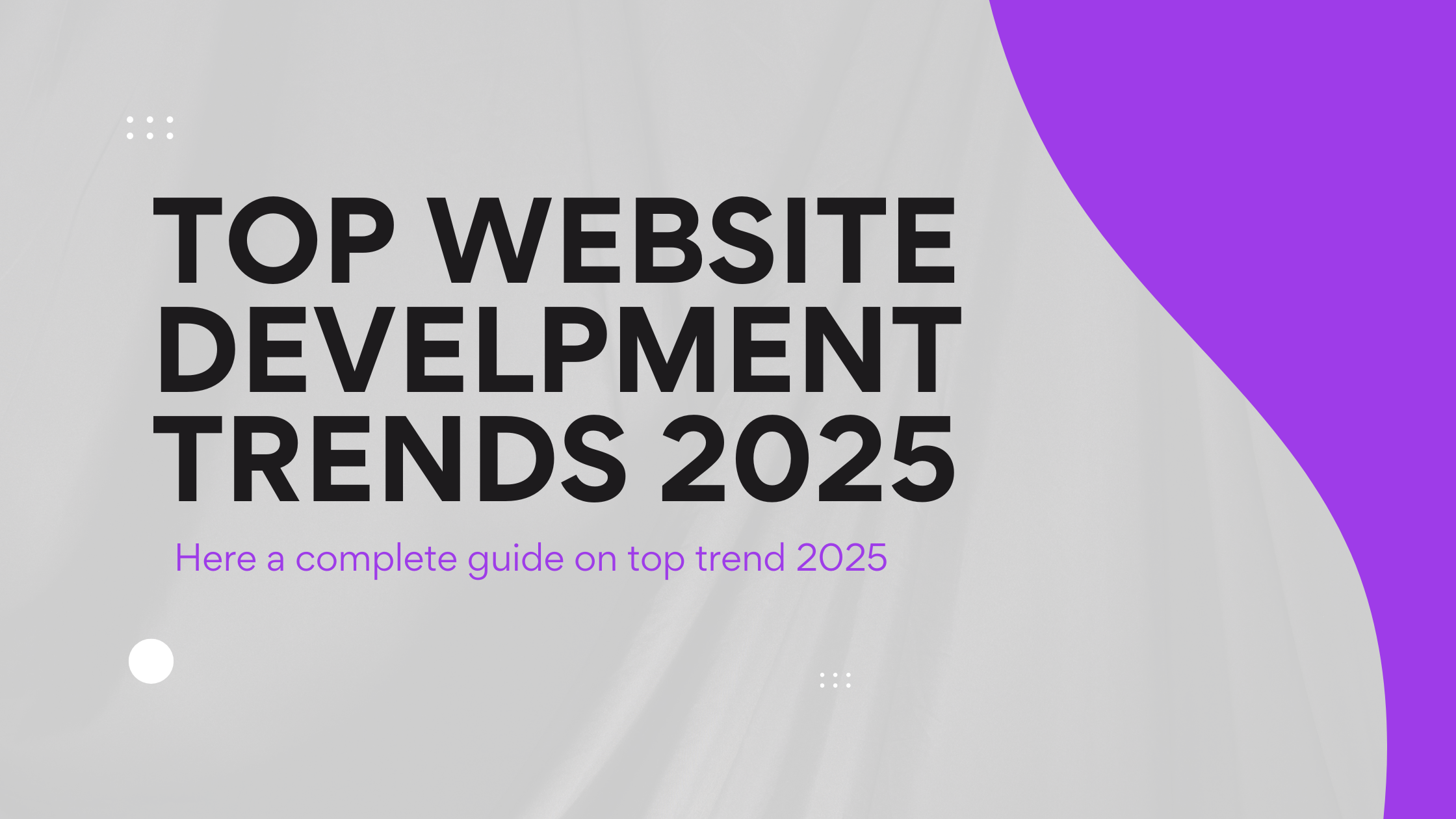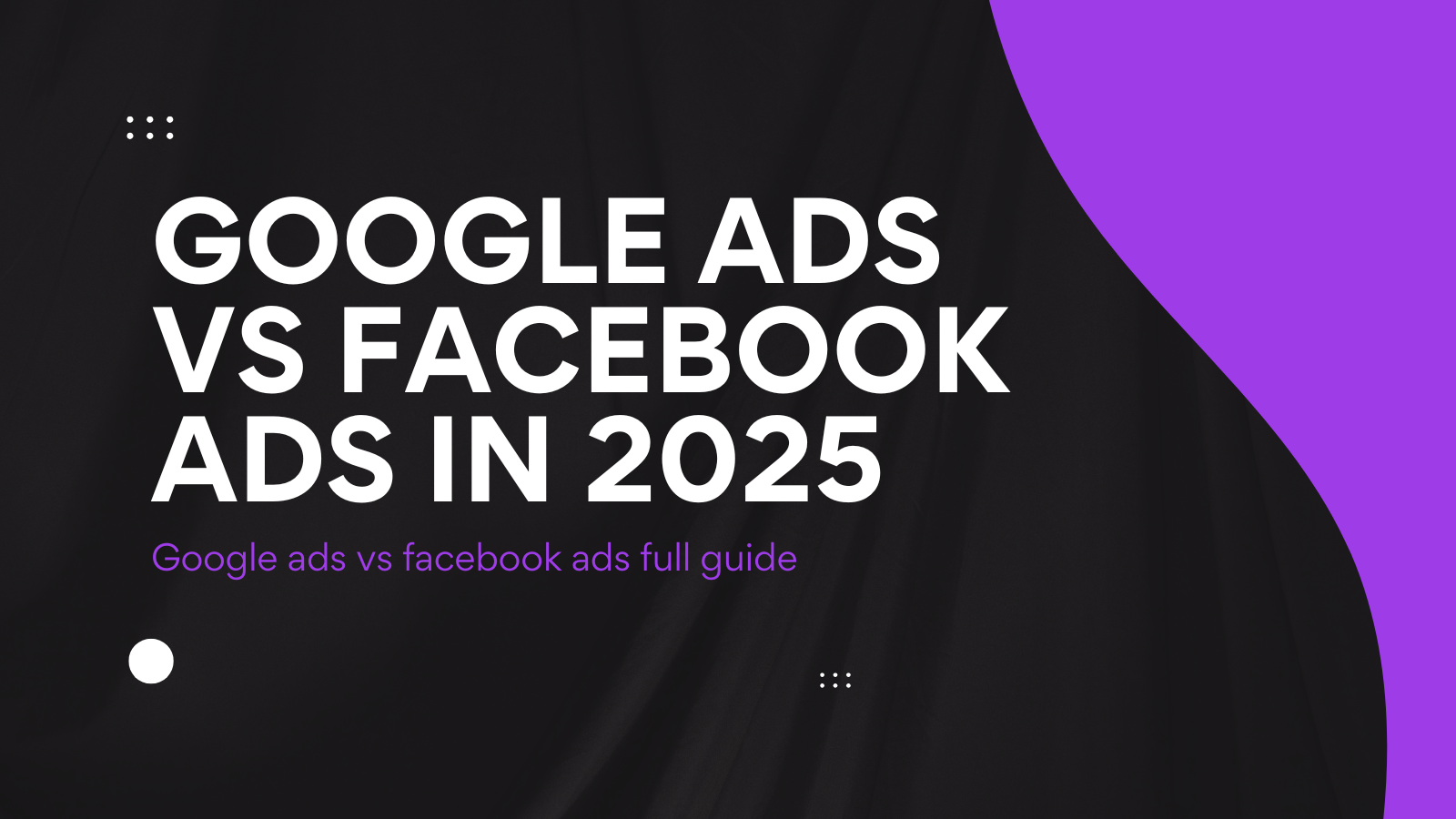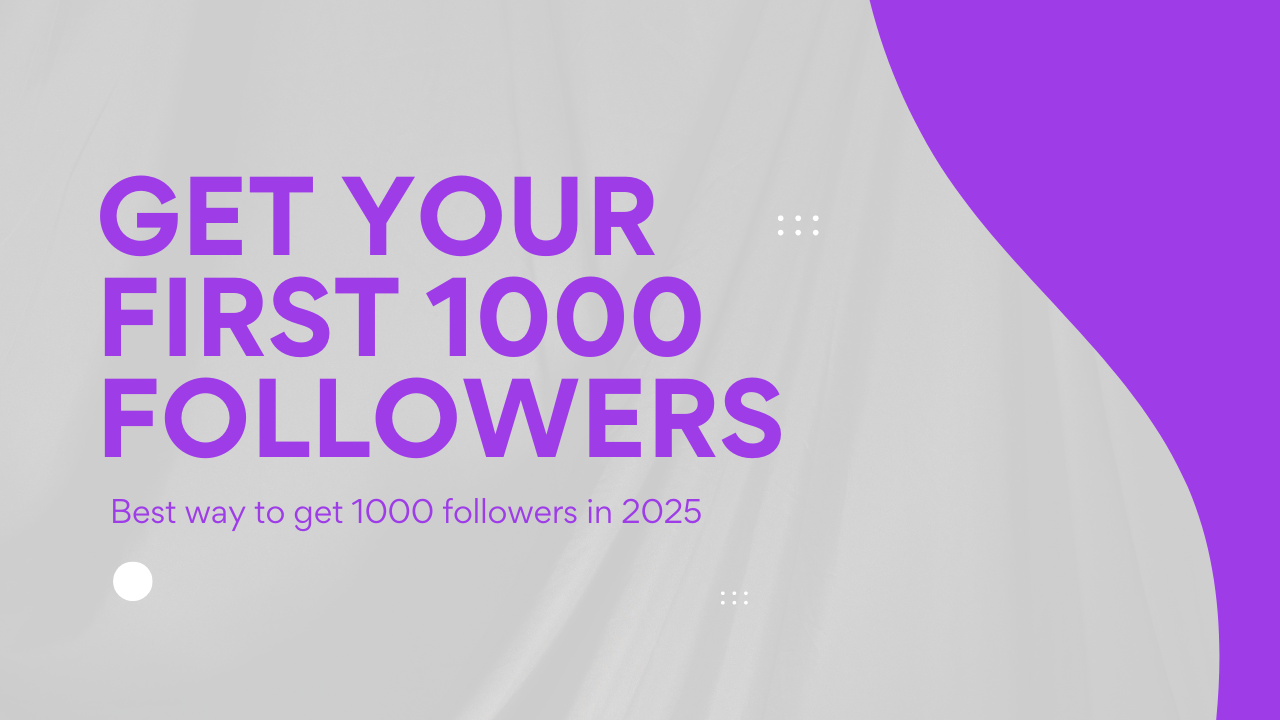
In the world of SEO, trends come and go—but keyword research remains the foundation of every successful content strategy. If your website isn’t ranking or driving traffic, chances are your keywords aren’t working. Whether you’re a beginner or brushing up for 2025, this guide will walk you through everything you need to know about keyword research in 2025.
From finding the right SEO keywords for free to using AI-powered tools, this guide covers practical steps that can help any beginner compete—and rank.
What is Keyword Research?
Keyword research is the process of discovering what your target audience is typing into search engines like Google. These phrases (keywords) tell you:
- What topics your audience cares about
- What kind of content you should create
- How to rank on search engines and drive traffic
It’s not just about picking words. It’s about understanding search intent—what the user actually wants.
Why Keyword Research Still Matters in 2025
AI-generated content is everywhere, but that doesn’t make keyword research less important. In fact, it’s more crucial than ever.
Here’s why:
- Google prioritizes search intent + quality
- Keywords help structure your content for users and search engines
- Targeted keywords = higher click-through rates and conversions
- Without proper keywords, even great content can stay hidden
In short: If you want to rank, you need the right keywords.
How to Do Keyword Research in 2025 (Step-by-Step)
Let’s break down the exact steps you can follow as a complete beginner to master keyword research this year:
✅ Step 1: Understand Your Niche and Audience
Before you open any tool, ask:
- What does my target audience search for?
- What problems are they facing?
- What language do they use online?
💡 Example: If you’re in digital marketing, your audience might search for:
- “free SEO audit tool”
- “best way to rank blog post”
- “how to increase website traffic 2025”
Understanding their pain points makes your keyword research 10x better.
✅ Step 2: Create a Seed Keyword List
Seed keywords are the basic topics related to your niche. For example, if you’re a fitness coach:
Seed Keywords:
- weight loss
- home workout
- diet plan
- healthy meals
These act as starting points to find long-tail, less competitive keywords later.
✅ Step 3: Use Free Keyword Research Tools
Now it’s time to use actual SEO tools to find keywords for free.
🔧 Best Free Keyword Tools in 2025:
- Google Keyword Planner
- Ubersuggest (limited free version)
- Ahrefs Free Keyword Generator
- AnswerThePublic
- Keyword Surfer (Chrome Extension)
- Google Trends
👉 Enter your seed keyword (like “home workout”) into these tools and get:
- Search volume
- Keyword difficulty (KD)
- CPC (cost per click)
- Related keyword suggestions
✅ Step 4: Focus on Long-Tail Keywords
In 2025, the best strategy is targeting long-tail keywords.
💡 Why?
They’re:
- Easier to rank
- Less competitive
- More specific = higher conversion
Example:
❌ “fitness” (too broad, hard to rank)
✅ “home workout plan for busy moms” (long-tail, specific, easier to rank)
You’ll find these in tools like Ubersuggest and AnswerThePublic.
✅ Step 5: Analyze Keyword Metrics (With Caution)
While using keyword research tools, look at these metrics:
- Search Volume: how many people are searching this per month
- Keyword Difficulty (KD): how hard it is to rank (stay under 30 for beginners)
- Search Intent: is the user looking to buy, learn, or just browse?
🎯 Pro Tip: Choose low-competition + high intent keywords for better SEO results.
✅ Step 6: Spy on Competitors
Your competitors are doing something right. Use their strategy to your advantage.
🔍 How?
- Search your keyword in Google
- Check the top 3 results
- Use tools like Ubersuggest, Ahrefs, or SEOquake to see:
- What keywords they rank for
- Their meta titles & H1 tags
- How many backlinks they have
You’ll discover hidden keyword opportunities they’re already benefiting from.
✅ Step 7: Organize Your Keywords
Create a keyword spreadsheet that includes:
- Keyword
- Volume
- Difficulty
- Intent (informational, commercial, etc.)
- Assigned blog/page topic
This keeps your SEO strategy organized and helps avoid keyword overlap.
✅ Step 8: Map Keywords to Content
Now map your keywords to the right type of content:
- Informational keywords → blog posts (e.g., “how to do keyword research”)
- Transactional keywords → landing pages (e.g., “buy SEO services”)
- Navigational keywords → homepage/about (e.g., “Efinty Solution Inc”)
Your content must match search intent to rank.
2025 Keyword Trends You Should Know
✅ Voice Search is Rising
People now search like they talk:
➡️ “How do I get traffic to my new blog?”
✅ AI is Changing How People Search
Searchers now want direct, accurate answers—not fluff.
✅ Zero-Click Searches Are Common
Google often answers within the search page itself. So:
- Use FAQs
- Use featured snippets
- Optimize for “People Also Ask” queries
✅ Topical Clusters Work Best
Don’t rely on one keyword per page. Create clusters of content around a topic.
Best Practices to Remember
- Don’t overuse keywords (keyword stuffing = penalty)
- Use keywords in:
- Title tag
- Meta description
- URL
- H1 and H2 tags
- First 100 words of the content
- Optimize for humans first, bots second
- Update keyword research quarterly
Common Mistakes Beginners Make
❌ Only targeting high-volume keywords
❌ Ignoring user intent
❌ Not using tools to validate keywords
❌ Using the same keywords on multiple pages
❌ Not tracking performance
FAQ: Keyword Research in 2025
Q: How long does keyword research take?
A: 1–2 hours for basic research per topic. Over time, it becomes faster.
Q: Do I need paid tools?
A: No. Tools like Ubersuggest, Ahrefs Free, and Google Keyword Planner are enough to start.
Q: Can I rank without keywords?
A: Highly unlikely. You may get traffic by chance, but not consistently or competitively.
Q: How often should I update keywords?
A: Every 3–4 months or when launching new content.
Conclusion
If you’re starting SEO in 2025, learning how to do keyword research is the most powerful skill you can develop. It’s the first step toward creating content that ranks, converts, and grows your traffic organically.
By using free keyword tools, targeting long-tail queries, understanding intent, and staying updated with trends, even beginners can master keyword research—and grow fast.
🔍 Need expert help with keyword research, SEO strategy, or content planning?
Connect with Efinty Solution Inc — we craft strategies that bring real results, not just traffic.







